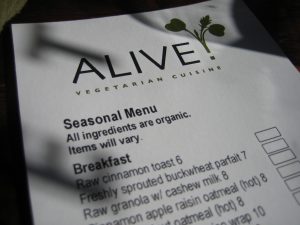(Some of my blog posts are constructive, this one is pure rant.)
There's a new amusement park ride opening up in town! It'll take you on a thrilling journey through ups and downs of successful projects, communication failures, happy long-term partnerships, and total failures in competence. It's called THE CONTRACTOR EXPERIENCE and you can hop on it today by opening up the phone book and calling pretty much any contractor you want to try to get some work done on your home or business!
Okay, I know that it might be a little pretentious or worse for me to sit on my high blogging horse and tell the folks who are willing to do some pretty hard, dirty work how to do their jobs when I'm not able or willing to do them myself. But at the same time, I can't help but see it from the perspective of how poorly some of these folks are running their small local businesses, and how their customer service values take a total back seat to their own preferred ways of doing things. Some war stories:


 The
The 

